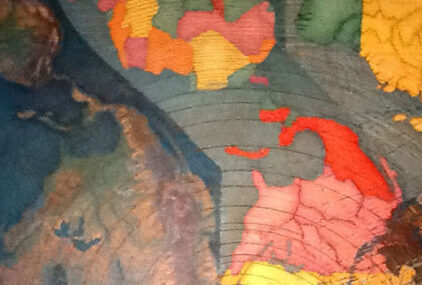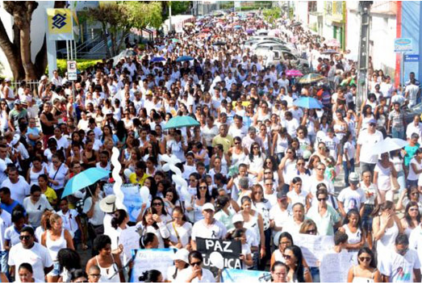Sexual politics in June 2016
The proposal launched in May by the LAC 5 countries for the creation of a Special Mandate on Human Rights and Sexual Orientation and Gender
Brazil in crisis: Another update
In June, 2016, as the impeachment of Dilma Roussef followed its course, it became increasingly evident that one of the strongest motivations of the power maneuvering that led to the April parliamentary coup was the interest of many of those supporting this move to strangle the ongoing investigations on corruption.

Mapping & appraisal of HIV prevention and care interventions for men who have sex with men (MSM) in Kenya, Tanzania, Uganda and Zimbabwe
This report, by the London School of Hygiene and Tropical Medicine, summarises the rationale, methods and findings of an in-depth appraisal of targeted HIV prevention and

Telling women to avoid pregnancy is not a solution for HIV and the Zika virus
To the development community on International Day of Action for Women’s Health: don’t curtail our rights by legitimising conservative religious ideologies.

A call for critical reflection on queer/LGBTIA+ activism in Africa
This essay looks at the complex relationship between the personal and the political in queer/LGBTIA+ organizing in Africa. It considers how current modes of organizing impact the connection between professional activism and grassroots participation and explores some of the consequences of these two intersecting factors for activist praxis.

A Community Guide to the Global Fund’s SOGI Strategy
The Community Guide to the Global Fund’s Sexual Orientation and Gender Identities (SOGI) Strategy has important human rights components that are essential for an effective response to HIV/AIDS, TB and malaria, at all levels.

Implementing Comprehensive HIV and STI Programmes with Transgender People: Practical Guidance for Collaborative Interventions (the “TRANSIT”)
This tool contains practical advice on implementing HIV and sexually transmitted infection (STI) programmes with transgender people. It is based on recommendations in the Consolidated guidelines on HIV prevention, diagnosis, treatment and care for key populations, published in 2014 by the World Health Organization.

The confinement of Eve: resolving Ebola, Zika and HIV with women’s bodies?
Originally posted on Open Democracy by Susana T Fried and Alice Welbourn on 29/02/2016. Available at: https://www.opendemocracy.net/en/5050/confinement-of-eve-resolving-ebola-zika-and-hiv-with-women-s-bodi/ There are parallels between three major newsworthy viruses,

African Commission Calls on Uganda to Ensure The Right to Legal Abortion and Access to Reproductive Health Services
The government of Uganda should stop impeding access to medical abortion and reproductive health services, according to the African Commission on Human and Peoples’ Rights—a regional body charged with ensuring African states comply with their human rights obligations under regional and international human rights treaties.

Tackling Zika: Have We Learned Our Lesson on Rights?
The Zika virus outbreak and the increase of babies being born with birth defects seemingly linked to the mosquito-transmitted disease have generated a series of prescriptions from governments of the most affected countries about what people need to do and not do. These include asking women to delay pregnancies—until 2018 in El Salvador, for example.


